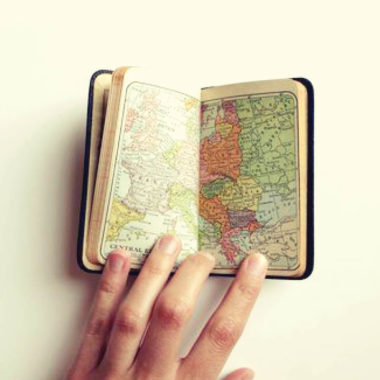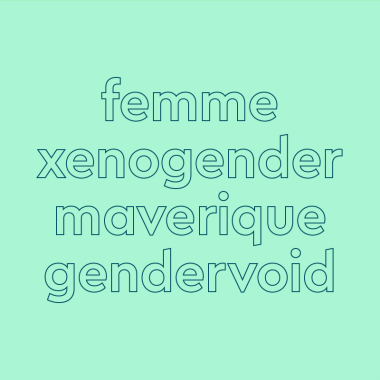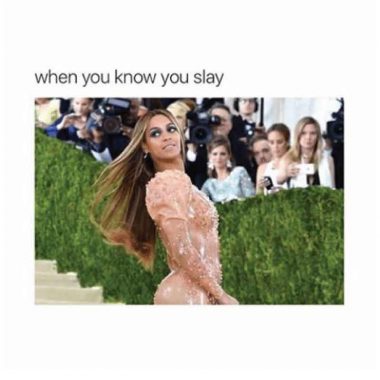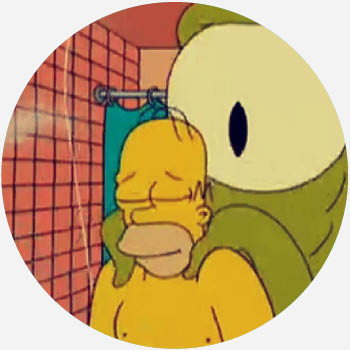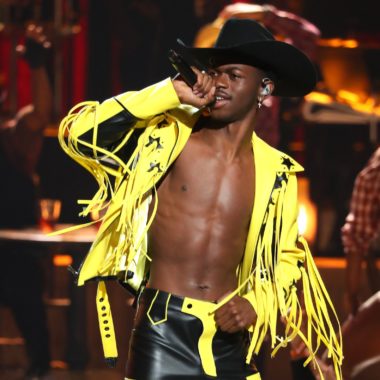¡Diga! Do You Know These Spanish Words From “In The Heights”?
By Mariel Jungkunz, Research Editor at Dictionary.com The long-awaited movie version of In the Heights—based on the hit Broadway musical—is in theaters and streaming. Everyone’s talking about it, and you’ve got questions. You might be wondering if you need to speak Spanish to understand its lyrics and many cultural references—and if so, you’ve come to the right place. Dictionary.com is collaborating with Lexico.com, an online Spanish dictionary and translator, to …

